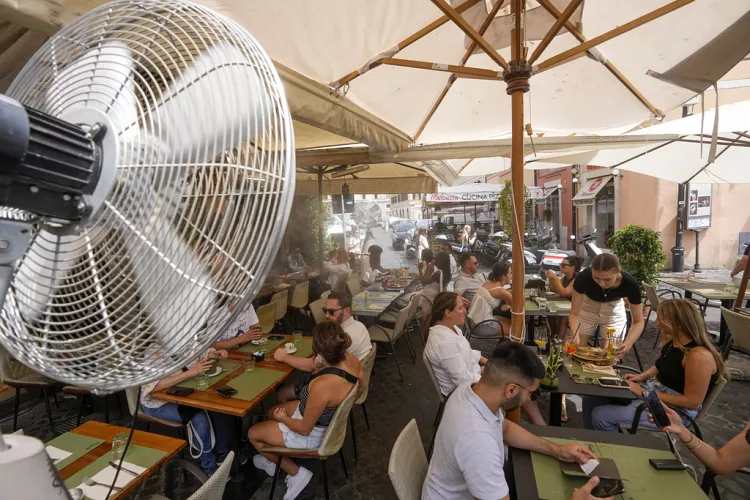Demand for power in Europe is down and Scientists say worse is yet to come from climate change
time:2023-08-11 08:53:47 Views:0 author:Jinan Freakin Power Ltd.
Despite its fast growth, solar is still a relatively small share of the power mix in most countries, where sources including wind, gas, coal and nuclear power typically cover the bulk of demand over the year.
Analysts say a second factor has helped to keep Europe's energy systems running this summer: overall, power demand has been relatively low.
That has been the case since Europe's energy crisis last year, when Russia cut gas deliveries to Europe.
Energy prices in Europe are still high compared with historic levels - and consumers and industries have responded by using less power.
Extreme heat this summer has broken through this trend at times. But overall, demand has been below normal - Italy's average hourly power use in July was 4.4 per cent lower than in July 2022, while Spain's was down by 3.6 per cent, Refinitiv data show.
"The only reason why this has been bearable is the low power demand environment that we're currently in," Refinitiv's Gerl said.

Scientists expect climate change will make heatwaves of the kind southern Europe has suffered this summer more frequent and even more severe in the coming years - adding to the burden on Europe's energy infrastructure.
"Our energy systems are indeed not designed to cope with such situations," said Simone Tagliapietra, senior fellow at think tank Bruegel.
Even before this year's wildfires and record temperatures, heat and drought last year reduced hydropower generation, hampered fuel transport by river, and forced some nuclear power plants to curtail their output when cooling of the plants was limited by high river temperatures.
In a letter to the European Commission last week, 19 associations - 16 of which represent industry groups in the EU including SolarPower Europe - warned policymakers of issues with solar power.
They are calling for EU countries to speed up investments in energy grids and promote projects that couple solar with energy storage, to ensure solar power expands quickly enough to meet climate change goals.
"The energy and climate crises require us to increase the deployment rates of solar to unprecedented levels," the letter reads.
"More than ever, it is necessary to take action to accelerate solar growth and mitigate energy waste."




